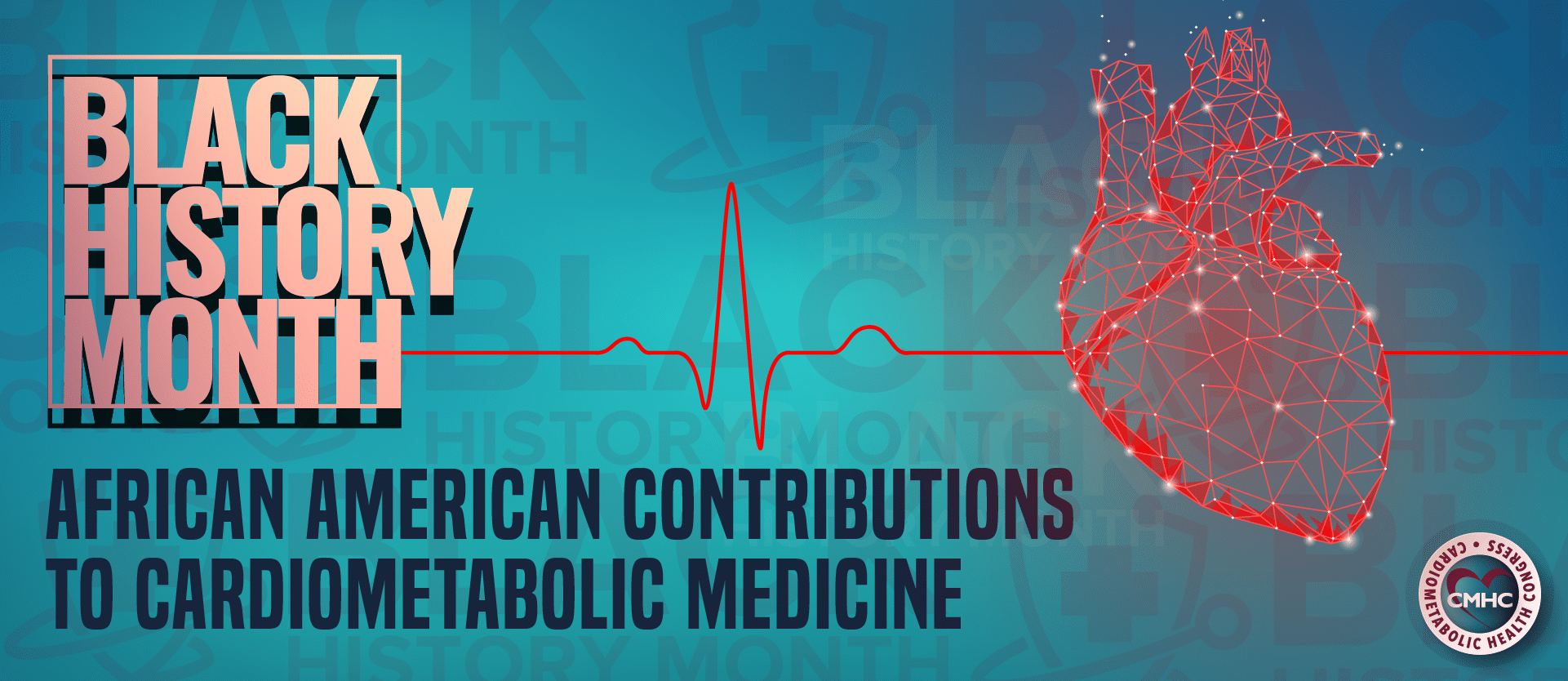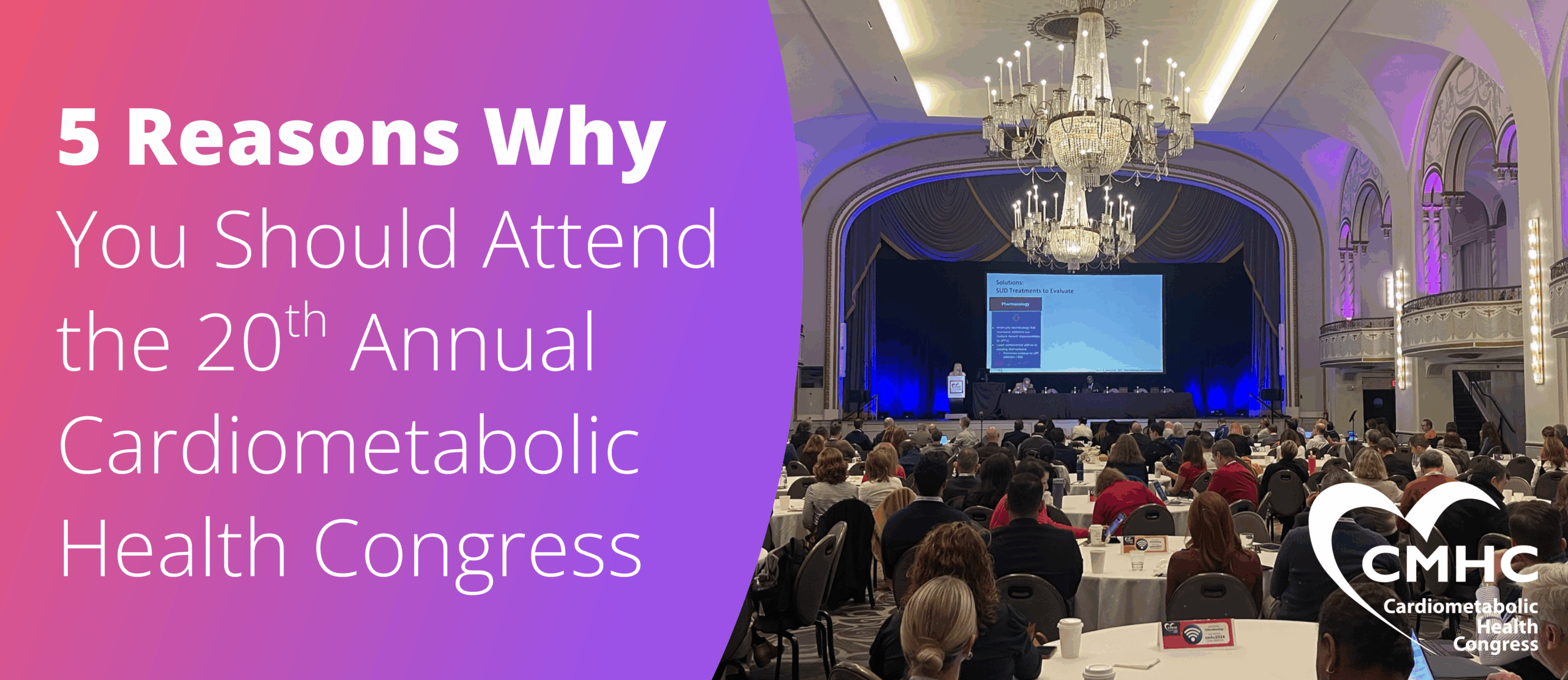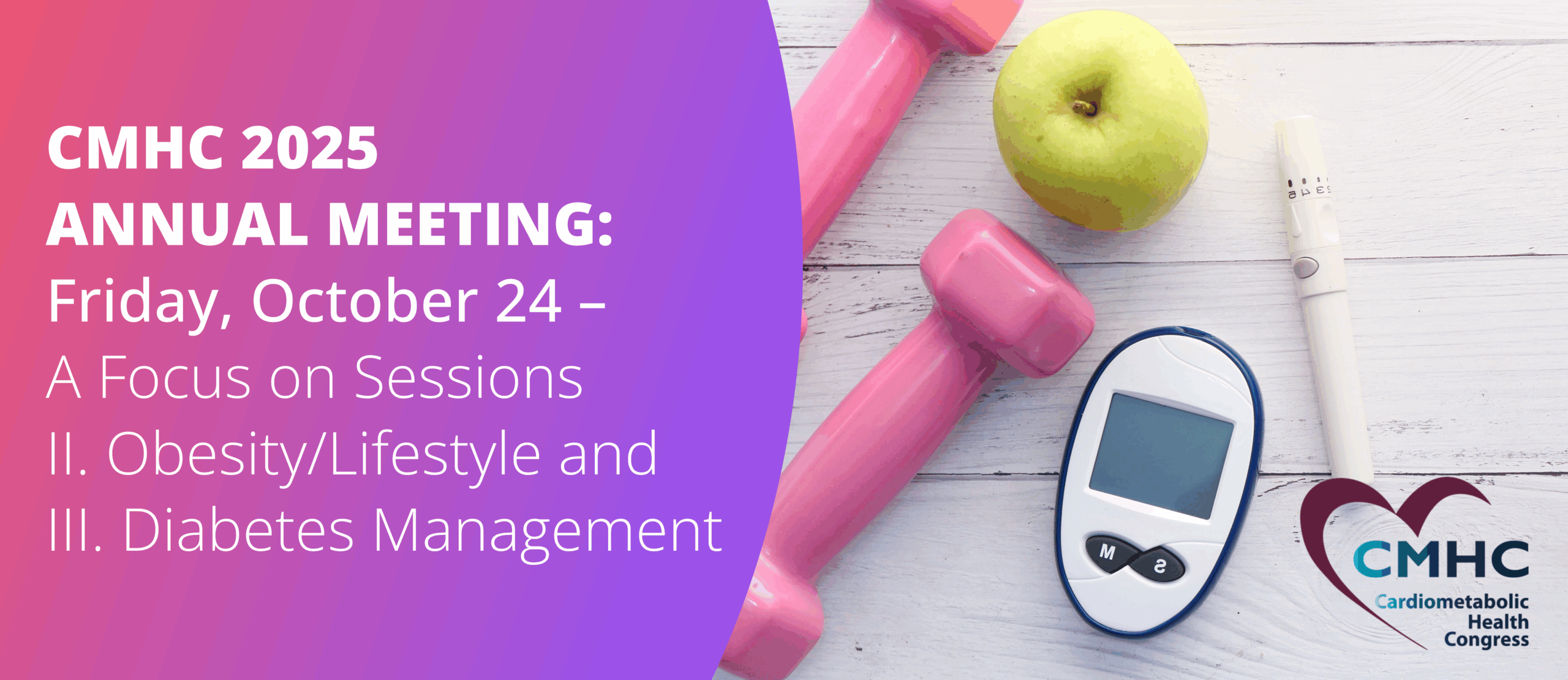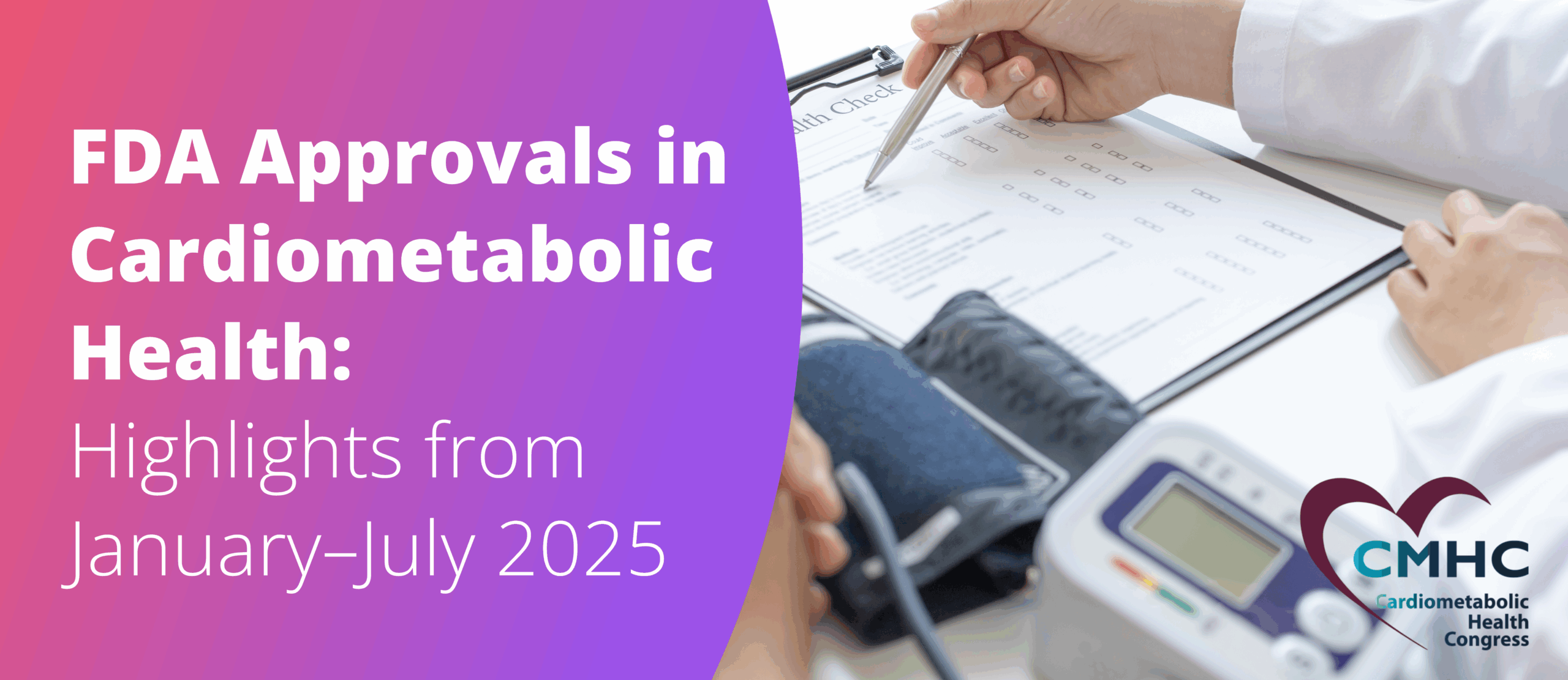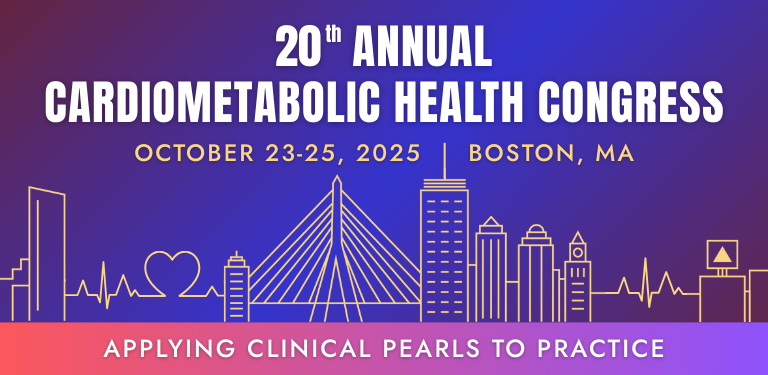As a celebration of African American men and women, this Black History Month CMHC honors the unparalleled contributions to the field of cardiometabolic medicine by pioneers in health care and modern medicine. Not only have these medical professionals improved health care access for African Americans and promoted racial equality in hospitals and other institutions, but they have also been instrumental in the discovery of medical breakthroughs, novel surgical techniques, and other innovations advancing the practice of medicine. Below are some of the notable African American health care professionals that paved the way for future leaders in the field.
James Durham | 1783
Although there are limited historical records on James Durham, he is considered to be the first African American physician in the United States. Born into slavery, Durham did not earn a medical degree but became an assistant to the physicians that had purchased him. According to report, Durham bought his freedom, established a medical practice in New Orleans, and began successfully treating patients during the yellow fever epidemic. He also worked in Philadelphia alongside renowned physician Dr. Benjamin Rush.
James McCune Smith, MD | 1837
New York City native physician and scholar Dr. James McCune Smith was the first African-American man to earn a medical degree. After being denied college admission in the United States, Dr. Smith pursued a medical degree in Scotland. Smith is believed to be the first African-American physician to publish articles in American medical journals, including texts on science, education, and racism.
Daniel Hale Williams, MD | 1893
Dr. Daniel Williams was one of the first physicians to perform successful open heart surgery. A former shoemaker’s apprentice, Williams performed the surgery in 1893 on a patient who had suffered a stab wound. However, his contributions to cardiometabolic medicine extend beyond the operating room. In 1891, Dr. Williams founded Provident Hospital and Training School for Nurses in Chicago, the first African-American-owned hospital in America and the first medical facility with an interracial staff. He later served as Surgeon-in-Chief at Freedmen’s Hospital in Washington, DC and went on to found the National Medical Association in 1895 with co-founder Dr. Robert Boyd.
George Cleveland Hall, MD | 1926
A pioneer in surgery, Dr. George Cleveland Hall was the leading African-American physician in Chicago throughout the early 1900s. Dr. Hall organized the first postgraduate course at Provident Hospital, founded Cook County Physicians’ Association of Chicago, and was instrumental in the establishment of infirmaries throughout the southern United States. Hall served as Chairman of the Medical Advisory Board at Provident Hospital and was an active member of the National Association for the Advancement of Colored People. He also helped organized financial support for the Association for the Study of Negro Life and History.
Charles Richard Drew, MD | 1932
Dr. Charles Drew was the first physician to use blood plasma for transfusion, pioneering methods of storing blood and developing the first large-scale blood bank in the United States during WWII. He received his M.D. and Master of Surgery from McGill University in 1932. Dr. Drew was the first Director of the American Red Cross Blood Bank, served as Chief Surgeon at Freedmen’s Hospital, and became the first African American examiner of the American Board of Surgery.
Myra Adele Logan, MD | 1943
Dr. Myra Logan was the first woman and ninth person in the world to perform open-heart surgery in 1943. Her research efforts focused on antibiotic and breast cancer studies; she helped developed more accurate testing measures to detect density differences in breast tissue. Dr. Logan also worked as a surgeon at the Harlem Hospital in New York and was the founding partner of the first physicians group practice in America.
Vivien Theodore Thomas, JD | 1944
A former carpenter, Dr. Vivien Theodore Thomas trained as a laboratory assistant under Dr. Alfred Blalock at Vanderbilt University. There he rapidly mastered complex surgical techniques and moved on to experimental work in vascular and cardiac surgery. In 1944, Thomas helped Dr. Blalock develop a surgical solution to tetralogy of Fallot, a congenital heart defect, however, he was never credited for the discovery.
Richard Allen Williams, MD, FACC | 1974
Dr. Richard Allen Williams founded the Association of Black Cardiologists (ABC) in 1974 alongside 17 other medical professionals and served as its president for 10 years. Williams is the author of The Textbook of Black-related Diseases, which is widely considered as the seminal work on the health status of African Americans. With over 1,800 members today, the ABC continues to focus on spreading awareness of the adverse impact of cardiovascular disease on African Americans.
Lonnie Bristow, MD | 1995
In 1995, board-certified physician Dr. Lonnie Bristow became the first African-American President of the American Medical Association (AMA). Dr. Bristow’s work focused on addressing sickle cell anemia, coronary care, and socioeconomic issues impacting health care, as well as reforming the medical profession and patient-provider relationship. Today, Bristow continues to advocate for diversity within the medical industry and works as a consultant for several local and national health care organizations.
Without the historical achievements and contributions of these medical professionals, the field of cardiometabolic health would not be where it is today. In part as a result of the racial equality advocacy equality by these pioneers, there is an increased awareness of the importance of diversity efforts to advancing health equity across the United States. While there is still much improvement to be made both in African American cardiometabolic health and racial diversity in the field, continued efforts from national medical organizations such as the ABC, and a sharpened focus on reducing disparities in health outcomes will likely lead to significant progress in the coming years.


